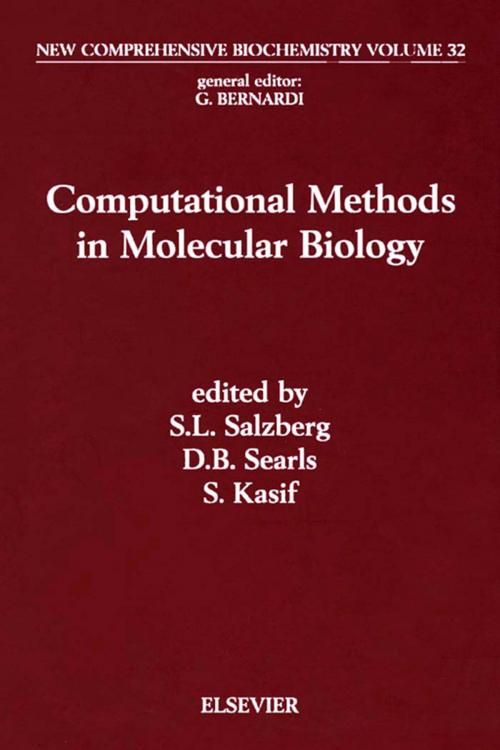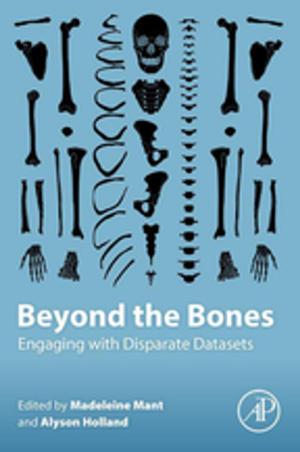Computational Methods in Molecular Biology
Nonfiction, Science & Nature, Science, Other Sciences, Molecular Biology, Biological Sciences, Biochemistry| Author: | ISBN: | 9780080860930 | |
| Publisher: | Elsevier Science | Publication: | June 19, 1998 |
| Imprint: | Elsevier Science | Language: | English |
| Author: | |
| ISBN: | 9780080860930 |
| Publisher: | Elsevier Science |
| Publication: | June 19, 1998 |
| Imprint: | Elsevier Science |
| Language: | English |
Computational biology is a rapidly expanding field, and the number and variety of computational methods used for DNA and protein sequence analysis is growing every day. These algorithms are extremely valuable to biotechnology companies and to researchers and teachers in universities.
This book explains the latest computer technology for analyzing DNA, RNA, and protein sequences. Clear and easy to follow, designed specifically for the non-computer scientist, it will help biologists make better choices on which algorithm to use. New techniques and demonstrations are elucidated, as are state-of-the-art problems, and more advanced material on the latest algorithms.
The primary audience for this volume are molecular biologists working either in biotechnology companies or academic research environments, individual researchers and the institutions they work for, and students. Any biologist who relies on computers should want this book.
A secondary audience will be computer scientists developing techniques with applications in biology.
An excellent reference for leading techniques, it will also help introduce computer scientists to the biology problems. This is an outstanding work which will be ideal for the increasing number of scientists moving into computational biology.
Computational biology is a rapidly expanding field, and the number and variety of computational methods used for DNA and protein sequence analysis is growing every day. These algorithms are extremely valuable to biotechnology companies and to researchers and teachers in universities.
This book explains the latest computer technology for analyzing DNA, RNA, and protein sequences. Clear and easy to follow, designed specifically for the non-computer scientist, it will help biologists make better choices on which algorithm to use. New techniques and demonstrations are elucidated, as are state-of-the-art problems, and more advanced material on the latest algorithms.
The primary audience for this volume are molecular biologists working either in biotechnology companies or academic research environments, individual researchers and the institutions they work for, and students. Any biologist who relies on computers should want this book.
A secondary audience will be computer scientists developing techniques with applications in biology.
An excellent reference for leading techniques, it will also help introduce computer scientists to the biology problems. This is an outstanding work which will be ideal for the increasing number of scientists moving into computational biology.















